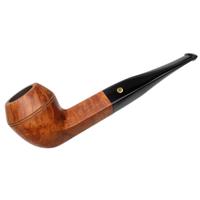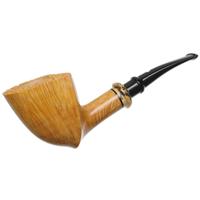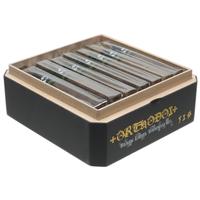Etcetera.Same with building an instrument. My luthier isn't an "engineer," but if he doesn't understand how a guitar's engineering works, all he's made is a pretty wood sculpture, not an instrument.
The essential difference being that engineers take action as a result of calculation, while craftsmen take action as a result of instruction.
"But today's instruction is the result of calculation done previously by others!" you say.
No, it isn't. Pipes have been around since prehistoric times, and simply evolved through usage. Trial and error. Some small number of people might have examined today's evolved pipes with an engineer's eye (though I've never seen it done except superficially), that's not enough to declare them to be "engineered" objects that exist as a result of calculation. (Think camera lens.)











